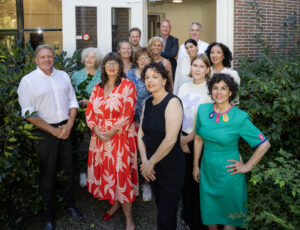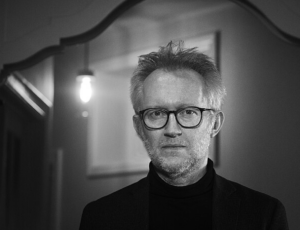About the Article
Palliative sedation is the widely-used intervention of administering sedating agents to induce a state of unconsciousness to take away a dying patient’s perception of otherwise irrelievable symptoms. However, it remains questionable whether this ethically complex intervention is beneficial for patients and what the effect is of palliative sedation on relatives’ wellbeing.
Rietjens and her colleagues conducted an observational questionnaire study among relatives of a consecutive sample of patients who died a non-sudden death in the Erasmus MC Cancer Institute or in the hospice ‘Laurens Cadenza’ (both in Rotterdam) between 2010 and 2013.
Relatives filled in questionnaires regarding 151 patients who had been sedated and 90 patients who had not been sedated. The median time since all patients had passed away was 21 months. No significant differences were found in relatives´ assessments of the quality of end-of-life care, patients´ quality of life in the last week before death and their quality of dying, between patients who did and did not receive sedation, or in relatives’ satisfaction with their own life, their general health and their mental wellbeing after the patient’s death.
Rietjens and her co-authors conclude that the use of sedation in these patients appears to have no negative effect on bereaved relatives’ evaluation of the patient’s dying phase, or on their own wellbeing after the patient’s death.
More
Judith Rietjens
Read Judith Rietjens’ report on her fellowship: “Far from the madding crowd”
“Patients and doctors often find it difficult to speak openly about preparing for death” (Rietjens’ NIAS workshop on end-of-life care)
The L’Oréal-UNESCO For Women in Science Fellowship




